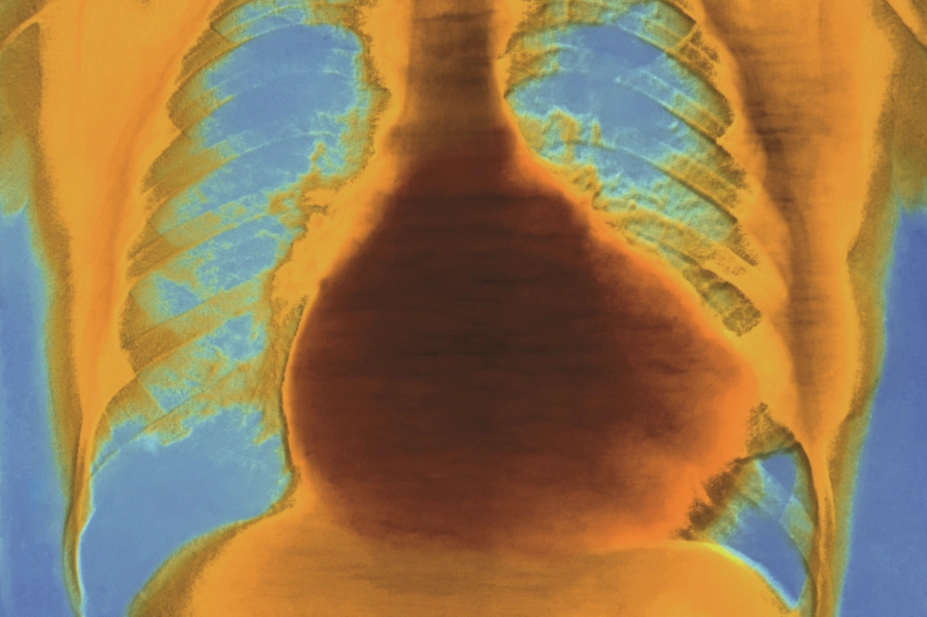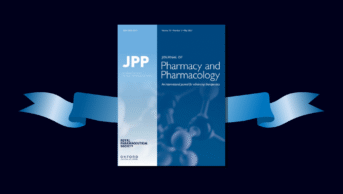
Alain Pol, ISM / Science Photo Library
Erectile dysfunction (ED) is associated with cardiovascular disease (CVD) but it is unclear whether medications to treat CVD worsen ED symptoms.
To explore this, researchers analysed data on International Index of Erectile Function (IIEF) erectile function domain scores from a trial in which men with at least one cardiovascular risk factor were randomly assigned to antihypertensive treatment (fixed-dose candesartan 16mg and hydrochlorothiazide 12.5mg) or placebo, and rosuvastatin 10mg or placebo.
Over a mean follow-up of 5.8 years in 2,153 men, the researchers found no significant difference in the mean IIEF score change from baseline with either antihypertensive or statin treatment alone versus placebo, nor between antihypertensive and statin treatment versus double placebo.
Writing in the Canadian Journal of Cardiology (January 2018), the researchers said the findings indicate that antihypertensive and statin use has a neutral effect on symptoms of ED, and worsening ED should not be a reason for men at risk of CVD to discontinue these treatments[1]
.
References
[1] Joseph P, Lonn E, Bosch J et al. Long-term effects of statins, blood pressure-lowering, and both on erectile function in persons at intermediate risk for cardiovascular disease: a substudy of the heart outcomes prevention evaluation-3 (HOPE-3) randomized controlled trial. Can J Cardiol 2018;34: 38–44. doi: 10.1016/j.cjca.2017.09.026


